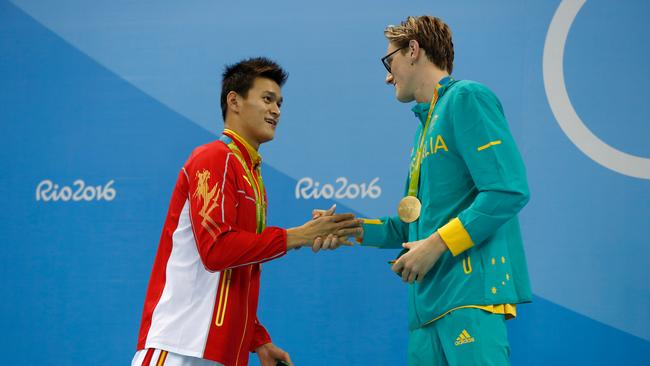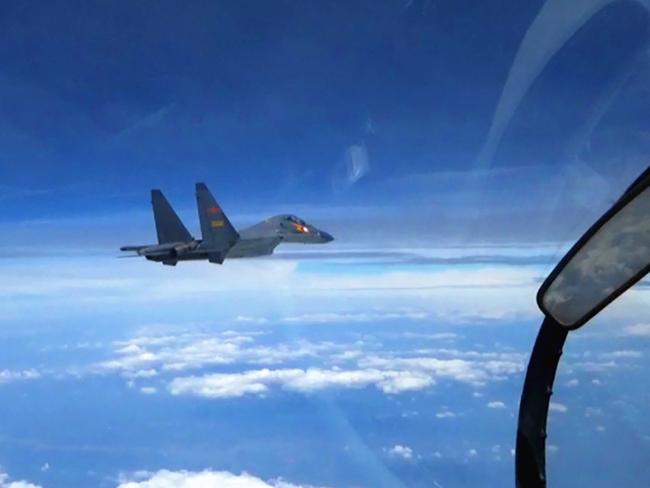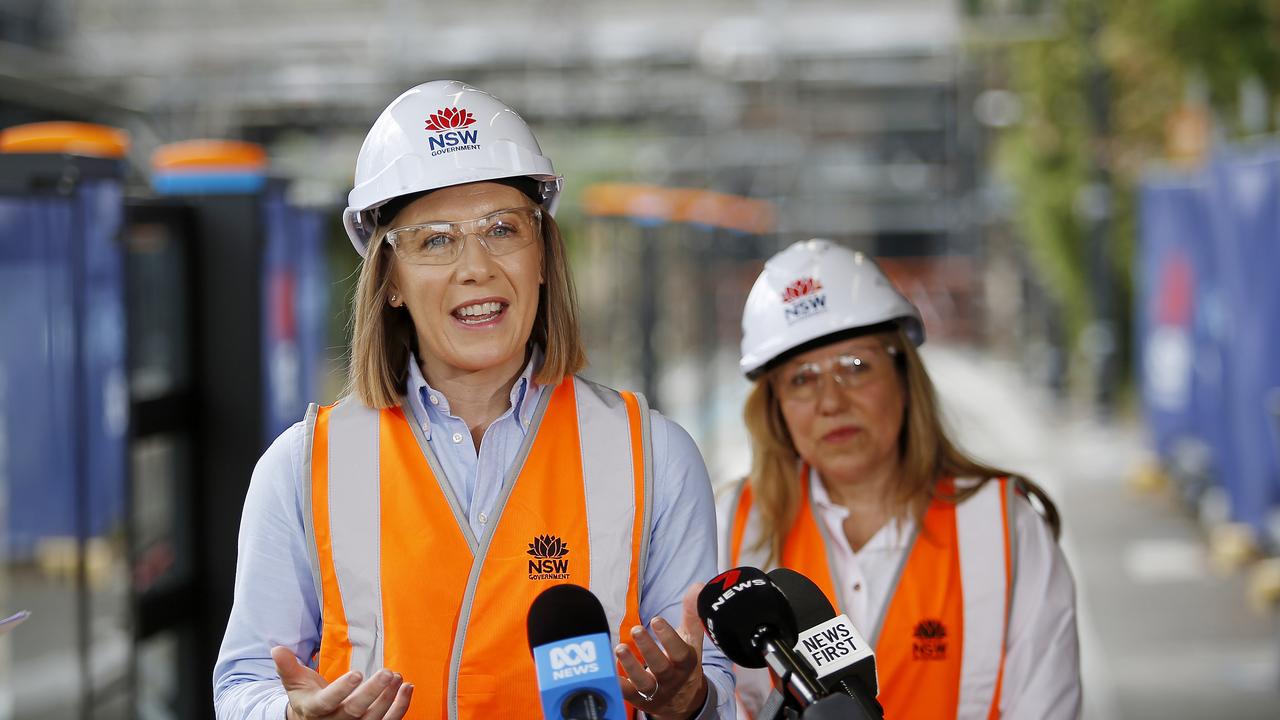Let’s hope life imitates sport when dealing with China
WE had better hope life imitates sport and Australia is on the side of legality and success alike in its dealing with China, says Catherine McGregor.

Opinion
Don't miss out on the headlines from Opinion. Followed categories will be added to My News.
LIFE, according to Oscar Wilde, “imitates art far more than art imitates life”. Most Australians probably think sport reveals a lot more about character than art. That is why so many of our national heroes have been sporting greats, from Les D’Arcy and Sir Donald Bradman to Warnie, Michelle Payne and even Phar Lap.
Try as I might to ignore the Olympics I was bitten by the bug as soon as Australia won its first gold medal in the pool.
In the lead-up to these Games I just had not been able to get excited. But watching the efforts of our swimmers and hearing the strains of Advance Australia Fair gave me the usual surge of national pride.
When Mack Horton and his Chinese opponent Sun Yang arrived poolside for their 400m freestyle final the tension between them was electric. Their body language resembled the studied contempt professional fighters exhibit towards one another as they go through the polite formalities with the referee before tearing into one another. And that was before the race.
Afterwards there was no handshake or even eye contact. They loathe one another.
Horton has made no secret of his opinion Sun Yang was an unworthy Olympic champion in London because of his later suspension from competition for use of performance enhancing drugs.
After vanquishing the Chinese champion Horton did not relent and reiterated that he had “no time or respect for drug cheats”.
On cue, Chinese state-sanctioned and social media reacted with their usual combination of clunky yet strident rhetoric. To those accustomed to Chinese jingoism, the confected outrage had a familiar ring. No slight is too small for an orchestrated chorus of howls from the Chinese media.
We had better hope life imitates sport and Australia is on the side of legality and success alike in its dealing with China and that Horton’s triumph is an omen for the course of the broader Australia-China relationship. But there is little cause for optimism. Last month official Chinese media, and an army of the authorised military and foreign policy shills, erupted into fierce denunciation of the ruling of the Permanent Court of Arbitration at The Hague when it ruled in favour of the Philippines in the dispute over China’s claims in the South China Sea.

Make no mistake, this is a matter of vital security interest to Australia as some of our most vital sea lanes of communication run through or adjacent to this disputed area.
However it would be easy to have missed that point during the recent election campaign, where national security was only discussed to the extent it justified financial bailouts for ship building in South Australia. It takes sledging over an Olympic event to remind most Australians how insatiable China’s global ambitions are, how ruthless they are in pursuing them, and how little respect they have for rules.
China’s behaviour in the South China Sea in recent years has been increasingly provocative. It initially published its utterly unsustainable claims to an area contained behind a so-called “nine-dash-line” in the aftermath of WWII. But only this century, especially since 2009, has it shown signs of believing its own rhetoric.
Alarmingly, it has used dubious land reclamation techniques to bolster its sovereignty claims in the area of the Paracel and Spratly Island chains. In addition it has militarised these artificial atolls through creating runways for military aircraft and sites for air defence missile systems.
Such actions have been accompanied by not so subtle threats it would be a “shame” if an Australian aircraft on patrol in international airspace “fell out of the sky” and Australian naval ships may constitute “an ideal target for China to warn and strike.”
Since the tribunal ruling in The Hague on 12 July the Chinese outrage machine has been in overdrive. Beijing has made it clear it does not consider the ruling is binding.
It seems inevitable China will challenge the system of global norms and conventions, which have guaranteed the freedom of navigation upon which our prosperity and security have rested for more than two centuries.
Local boosters of Donald Trump may wish to consider if their obsession trumps our vital national interests. Hillary Clinton actually grasps what is at stake in this dispute.
In Hanoi, in 2010, she rejected China’s absurd claims. In addition to The Philippines, Vietnam, Indonesia, Malaysia, Brunei and Japan are all becoming increasingly concerned at Chinese bellicose rhetoric. All our regional allies want the US to remain engaged in this region. Clinton knows and accepts this.
For his part, Trump is more interested in building a wall to defend the US against Mexicans than he is in preventing the Chinese effectively building a wall across the busiest sea-lanes in the world.
For good measure he thinks military support for Japan and South Korea is too expensive and they should shoulder more responsibility for mutual defence. The most cost effective way in which they could respond to this abrogation of America’s long standing security guarantee, would be to acquire their own nuclear weapons.
Given the rising friction generated by Chinese bullying the last thing the region needs is more nuclear weapons. Thank goodness for the Olympics to generate mutual understanding and goodwill.
Catherine McGregor is a former top military aide and Australian of the Year finalist


